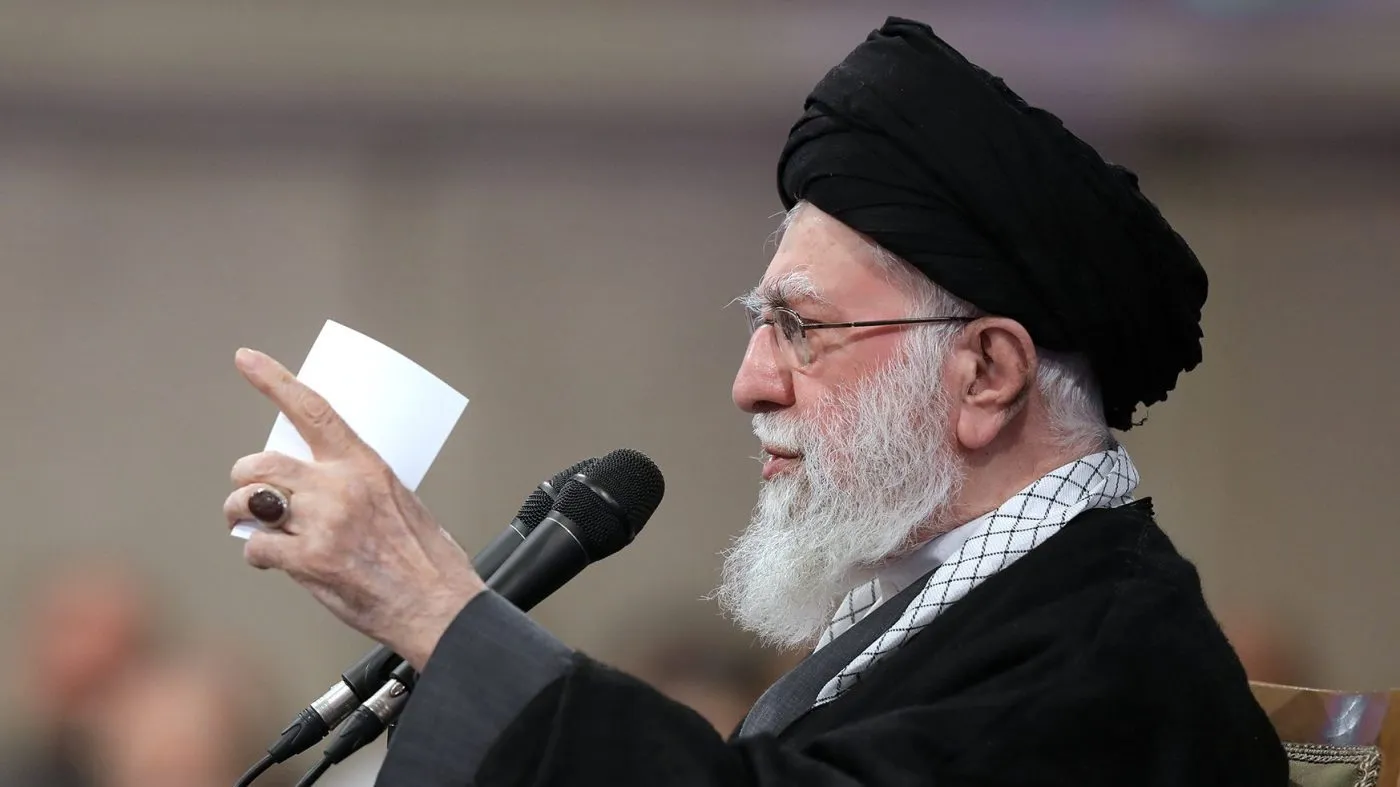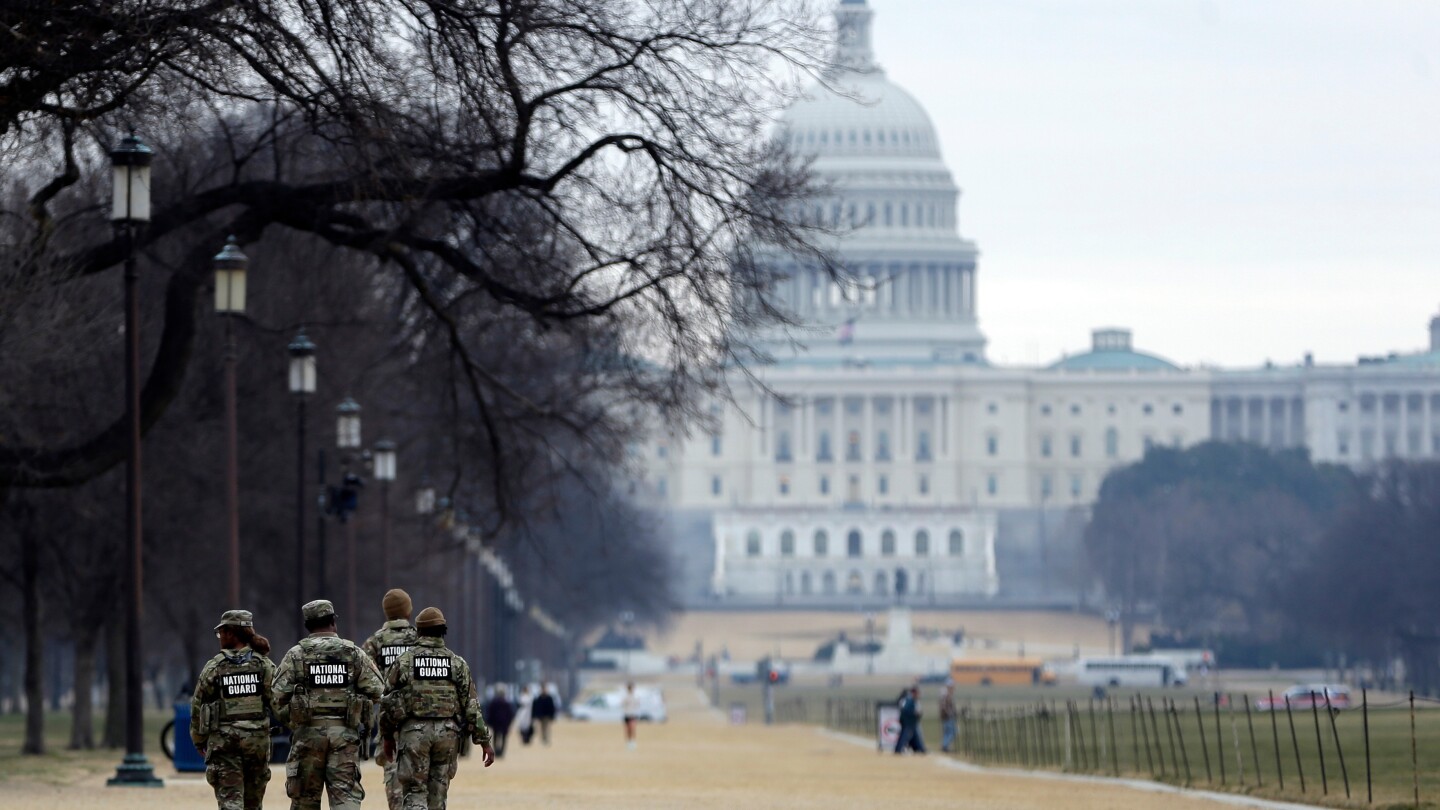A Pentagon official has claimed that failure to pass a new budget would hurt recruiting and block new projects
Funding for America’s troops will be jeopardized if US lawmakers continue to rely on stopgap funding measures, rather than passing a new Pentagon budget, Chairman of the Joint Chiefs of Staff Charles Brown Jr. has claimed.
Brown issued his warning in a letter to members of the US Senate Appropriations Committee on Wednesday, saying the military will face a $5.8 billion shortfall in personnel funding if Congress does not pass a full-year spending bill. Like the rest of the federal government, the Pentagon has been operating under a so-called CR, or continuing resolution, since its fiscal year began on October 1, because US lawmakers haven’t been able to reach agreement on budget legislation.
A CR essentially kicks the financial can down the road, keeping funding at the previous year’s level and blocking new programs from starting. US House Speaker Mike Johnson reportedly plans to push forward a CR that will keep the government operating on stopgap funding for the whole fiscal year if lawmakers can’t come together to pass a budget.
Brown warned that a year-long CR would prevent the Pentagon from starting any new construction projects or pushing forward with such key initiatives as modernizing US nuclear forces and ramping up production of artillery shells and other munitions. Funding for new warships would be cut sharply, and maintenance delays would undermine the US Navy’s readiness. Recruiting of fresh troops would have to be slowed, he added, and transfers of service members to their new duty stations would be delayed.
The Department of Defense plans to increase the pay of service members by 5.2% in the current fiscal year, but with spending frozen at the previous year’s level, it will be forced to cut other personnel costs, such as recruiting, to make up the difference.
US military spending is projected to rise by 3.6% in the 2024 fiscal year, to around $830 billion. The Pentagon already boasts more spending than the world’s nine next-largest defense budgets combined. In addition, President Joe Biden has requested congressional approval for $106 billion in supplemental national security funding, including $61.4 billion in additional military aid for Ukraine.
“We owe our service members the tools they need to be successful,” Brown said in his letter. “We have asked them to modernize and accelerate the future capabilities they need to continue to deter and project credible combat power. We need full appropriations to stay ahead of pacing, acute, and unforeseen challenges.”




